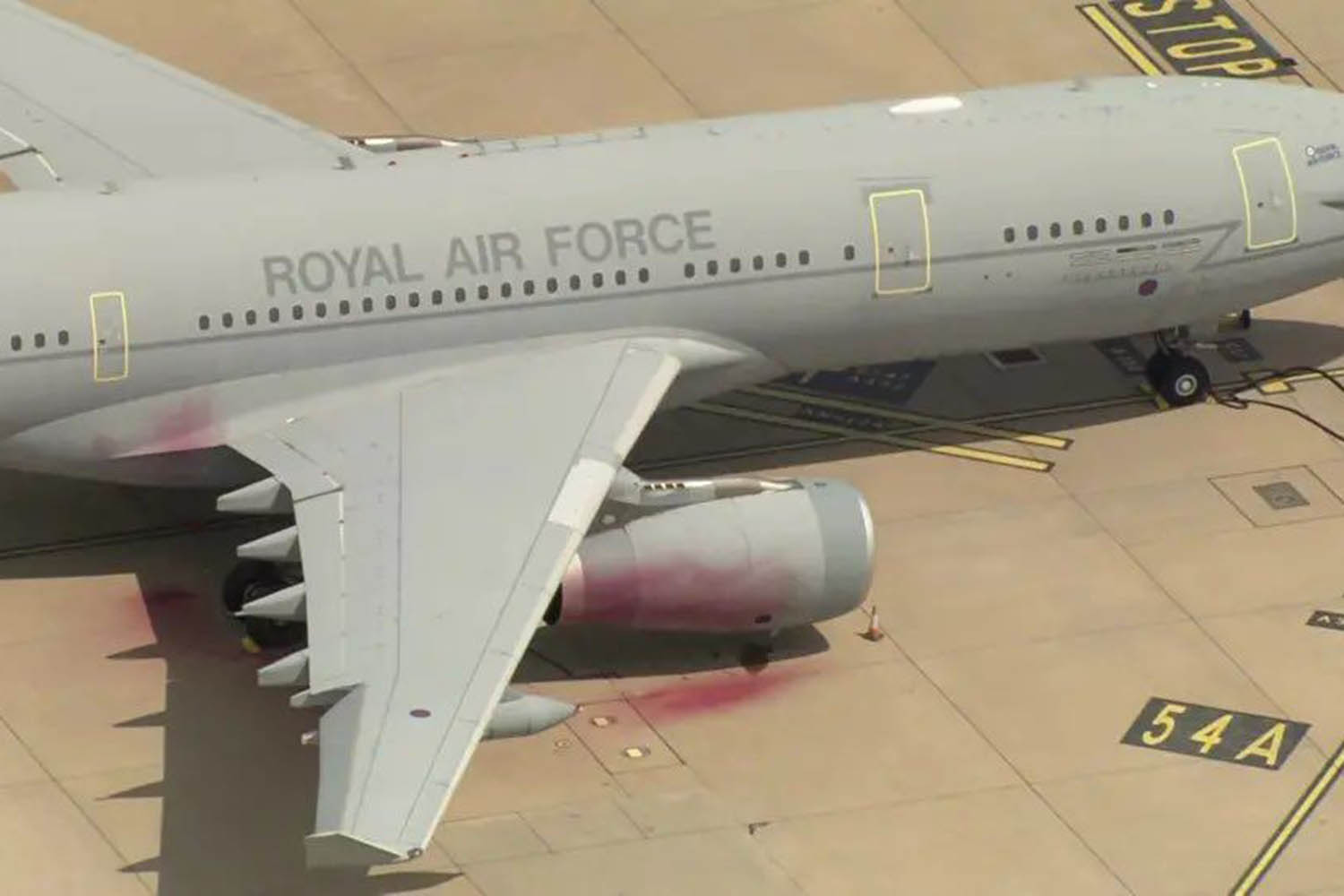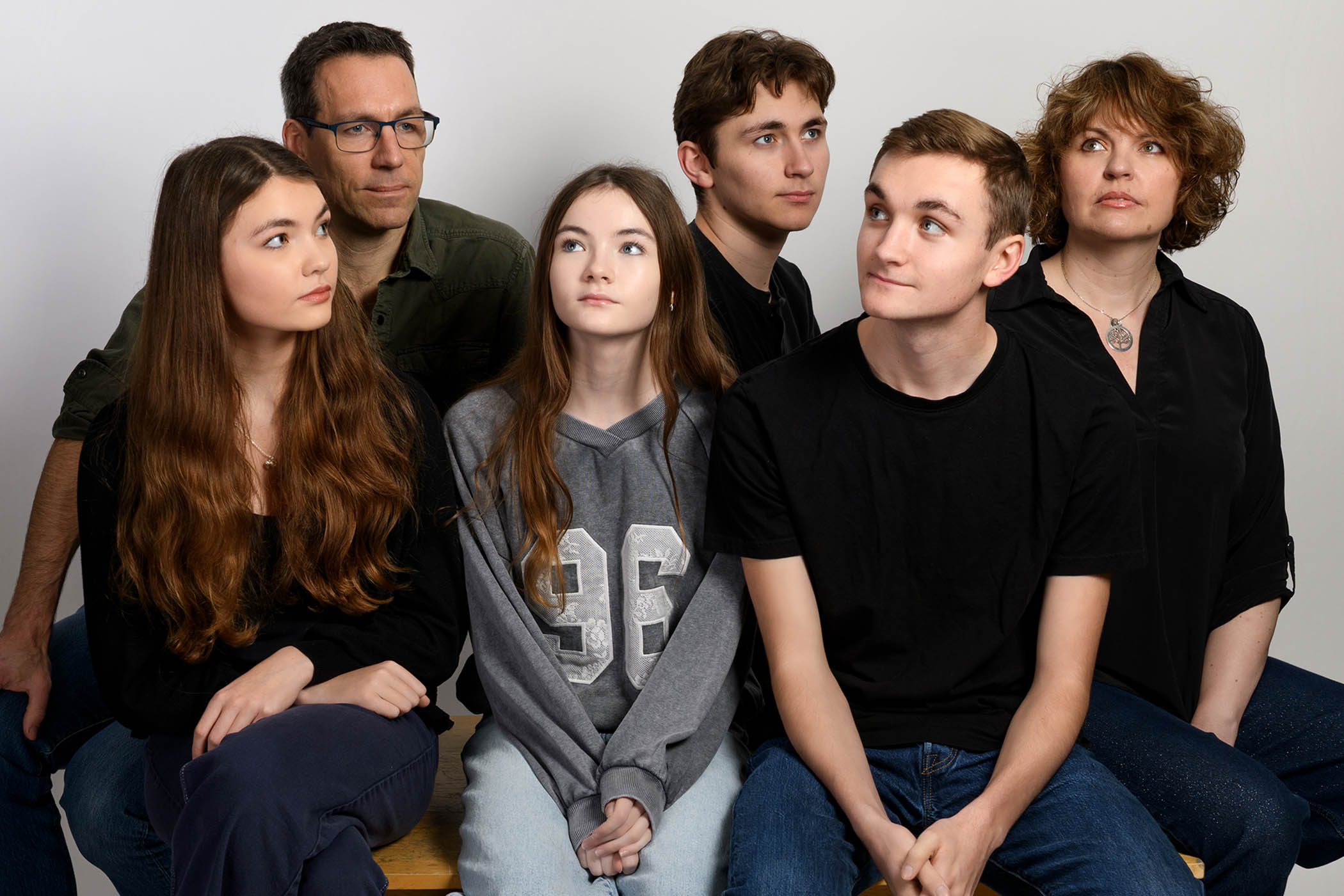Faced with the intolerable scenes of suffering and devastation in Gaza, people across the country are feeling desperate and angry about what is happening and many have joined protests on the street. Each month, the police work with organisers to facilitate safe, lawful protests, and will continue to do so.
Over the last 18 months, hundreds of thousands of people have joined pro-Palestinian protests, while only a tiny minority have been arrested for breaking the law. Protest and free speech are an important part of our democracy and those freedoms will always be protected.
So anyone who wants to protest against the catastrophic humanitarian situation and crimes against humanity in Gaza, to oppose Israel's military offensive, or to criticise the actions of any and every government, including our own, has the freedom to do so. The recent proscription of the group Palestine Action does not prevent those protests, and to claim otherwise is nonsense.
That proscription concerns one specific organisation alone – a group that has conducted an escalating campaign involving not just sustained criminal damage, including to Britain’s national security infrastructure, but also intimidation, violence, weapons, and serious injuries to individuals.
The clear advice and intelligence given to me earlier this year from the UK’s world-leading counter-terrorism system, based on a robust assessment process, was that Palestine Action satisfies the relevant tests in the Terrorism Act 2000 and should be proscribed.
Some may think it is just a regular protest group known for occasional stunts. But that is not the extent of its past activities. Nor does it reflect disturbing information given to me that covered ideas and planning for future attacks.
Many of those important details cannot yet be publicly reported because of criminal proceedings. But if stunts were the only concern, its proscription would never have been considered in the first place, and it certainly wouldn’t have become the unanimous recommendation to ministers from the cross-government security expert review group.
Palestine Action has claimed responsibility for – and promoted on its website – attacks that have seen those allegedly involved subsequently charged with violent disorder, grievous bodily harm with intent, actual bodily harm, criminal damage and aggravated burglary. Charges that include, in the assessment of the independent Crown Prosecution Service, a terrorism connection.
Many people will also know about the attack on RAF planes at Brize Norton, but fewer will have read about the Jewish-owned business in north London badly vandalised in the dead of night by masked men just three weeks before.
Or the attack on a Glasgow factory that caused the sentencing sheriff to say: “Throwing pyrotechnics into areas where people are being evacuated could hardly be described as non-violent.”
Newsletters
Choose the newsletters you want to receive
View more
For information about how The Observer protects your data, read our Privacy Policy
‘For a home secretary to ignore all the security assessments, advice and recommendations on Palestine Action would be irresponsible’
‘For a home secretary to ignore all the security assessments, advice and recommendations on Palestine Action would be irresponsible’
Or the “underground manual” that encourages the creation of cells, provides practical guidance on how to identify targets to attack and how to evade law enforcement. These are not the actions of a legitimate protest group.
For a home secretary to ignore all those security assessments, advice and recommendations would be irresponsible. Protecting public safety and national security are at the very heart of the job I do. Were there to be further serious attacks or injuries, the government would rightly be condemned for not acting sooner to keep people safe.
Public protests on the Gaza crisis will continue through the summer, and the overwhelming majority of those involved do not and will not endorse violent and criminal tactics. That is why the proscription of this group is not about protest or the Palestinian cause. In a democracy, lawful protest is a fundamental right but violent criminality is not.
Some of those holding placards in direct support of Palestine Action may not know the kind of organisation they have been promoting: its violence, intimidation, or future plans and aspirations. But that is all the more reason why no one should allow desperate calls for peace in the Middle East to be derailed into a campaign to support one narrow group involved in violence here in the UK.
Because it is those calls for peace that should be the most urgent focus now. Each day the humanitarian crisis in Gaza worsens, the conditions for hostages deteriorate, the prospects for peace are diminished, and the scenes of children being shot and starved get ever more horrific.
An immediate ceasefire, release of the hostages and urgent humanitarian aid are vital. So too is the pathway the prime minister has set out to the recognition of a Palestinian state, now supported by Australia and Canada as well as France.
Yvette Cooper is home secretary.
Photograph by @FLO360aero


